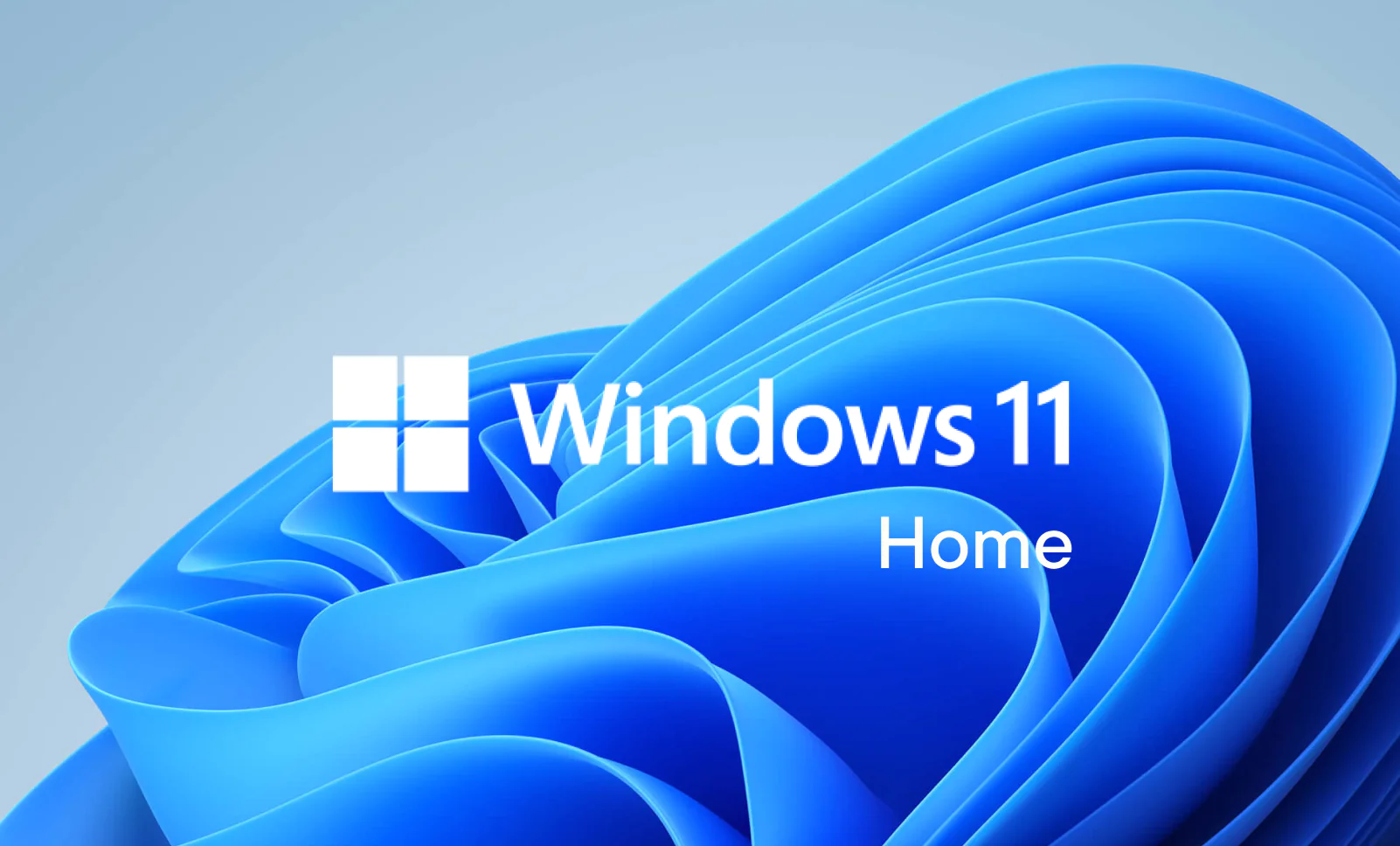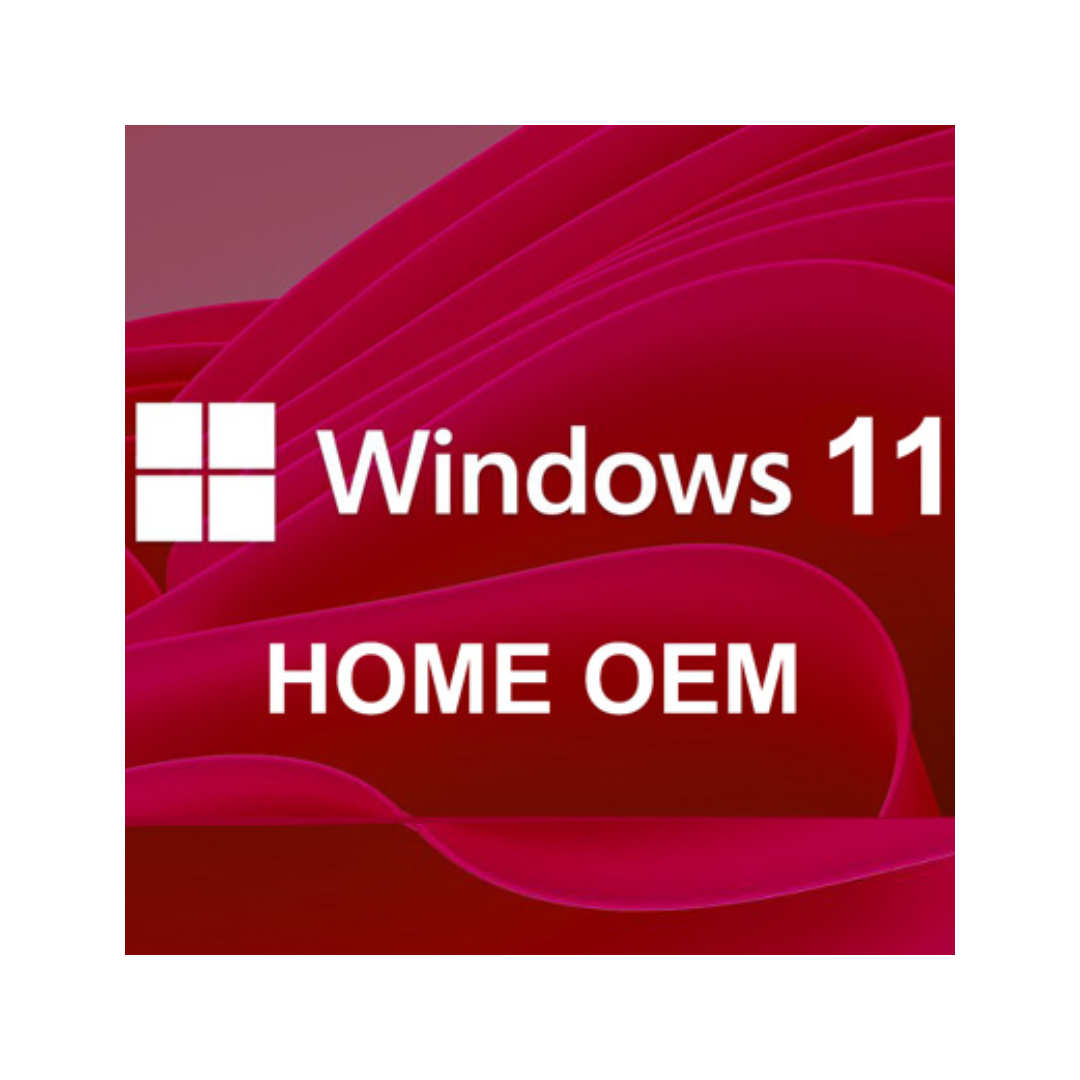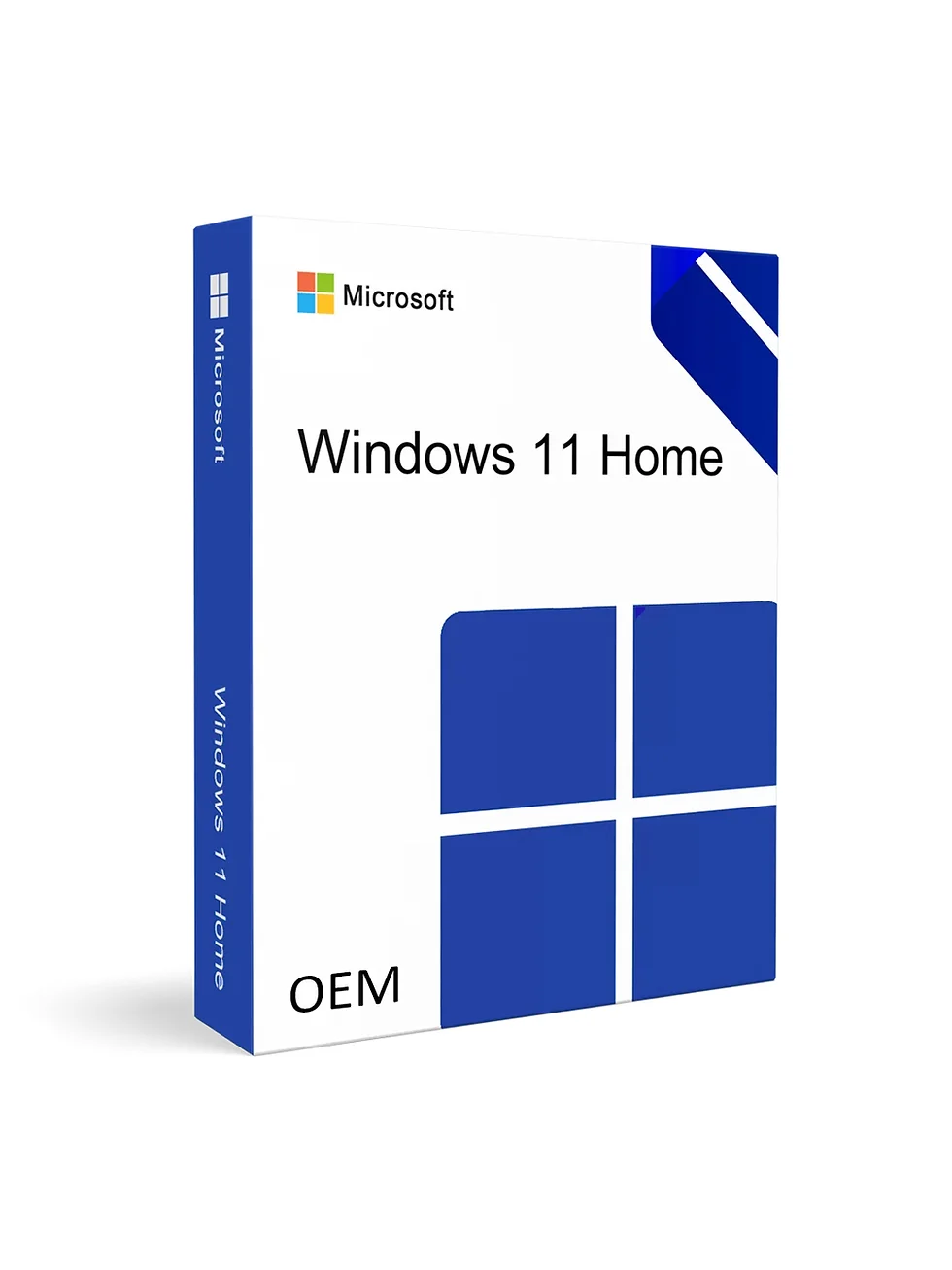Key Highlights
- Windows 11 Home OEM is pre-installed by manufacturers like Dell and HP, while the regular version is for individual purchase and installation.
- OEM licenses are tied to the specific PC, while regular licenses offer flexibility for future transfers.
- The regular version may come with a slightly higher price tag than its OEM counterpart.
- Feature-wise, both versions are very similar, offering the core Windows 11 Home experience.
- Your choice depends on your budget, technical comfort, and whether you anticipate needing to transfer your license in the future.
Introduction
Choosing the right operating system for your Intel-based computer is essential for a good computing experience. With the new Windows 11 from Microsoft, users face some important choices. One of these is whether to select Windows 11 Home OEM or the standard version. This blog will help you understand the differences between each option and how to setup the best choice for your needs. By doing this, you can make a smart choice that fits your needs.
Comparing Windows 11 Home OEM and Standard Editions
The words “OEM” and “regular” can seem confusing. However, knowing how they differ can change your Windows 11 experience a lot. The OEM version is like a “pre-set” version of the operating system, designed for systems that may include a powerful GPU and is typically sold by a third party. It comes ready to use. The regular version allows you to have more control right from the start. You can also download updates directly from the MS website. Let’s look closer at what makes them different.
1. Licensing and Installation Differences
One big difference is in the licensing. When you buy a PC from companies like Dell or HP, it usually comes with Windows 11 Home OEM already installed, often in the DVD format. This OEM license is locked to that exact PC. The product key is connected to the PC’s motherboard, which is crucial for activation, so you can’t transfer it to another machine.
If you buy the retail version of Windows 11 Home instead and later want to build a new PC, you can usually turn off the license on the old PC. Then, you can activate it on the new one. Choosing the retail version gives you more options in the future.
2. Cost Implications for Users
When you think about cost, the OEM version is usually cheaper. This is because PC makers buy OEM licenses in bulk. They can sell computers at a lower price because of this lower cost.
If you buy the retail version from sites like Amazon or Newegg, you will pay more. However, this version lets you move it between different machines without any hassle, including the registration process. Some users might find that worth the extra price. In the end, it comes down to your future plans for the operating system and your budget.
3. System Builder Restrictions vs. End-User Flexibility
The OEM version of Windows 11 Home is meant for people who build their own PCs. According to Microsoft’s rules, this version is usually only for new computers. You won’t see it sold alone in stores.
In contrast, the regular version lets users install the operating system on any compatible PC. This is a great option for those who know how to install it themselves. With this version, you can upgrade your current systems or add Windows 11 Home to a PC you built.

Key Features Exclusive to Each Version
Both versions have the same main functions. You will find the same apps, like the Microsoft Edge browser, the taskbar you know, and security features.
The big differences are in how you get the OS, how it is licensed, and how it is installed. When it comes to the user interface or gaming features, both versions give you the same experience.
1. Customization Options in Windows 11 Home Regular Version
With both versions having the same features, what about customization? The answer is very similar. The regular version lets you control things just like the OEM version.
You can personalize your desktop background, move icons around in the taskbar, or adjust widgets however you want. The regular version does not offer any special customization options that the OEM version does not have. This keeps the user experience consistent.
2. OEM Version Pre-Installation by Manufacturers
Having the OEM version of the OS already on your new PC may not seem like a big win, but it can save you time. PC makers usually add drivers and some default apps. This helps make setting up your PC easier.
With the OS pre-installed, you can start using your new PC right away. But keep in mind that some makers add extra software. This bloatware may not be useful for you, and some people view it as a negative.

Conclusion
In conclusion, knowing the differences between Windows 11 Home OEM and the Standard Edition is important for making a good choice based on what you need. The cost and how they are installed are important factors to think about. It’s also vital to look at how much you can customize each version and how flexible they are. Whether you care more about system builder rules or control for users, both versions have special features for different preferences. By looking at these points, you can decide which version is best for you to have a smooth Windows 11 experience. If you have more questions, please check our FAQs for extra information.
Frequently Asked Questions
Can I transfer my Windows 11 Home OEM license to another PC?
Unfortunately, no. The OEM license is linked to your specific PC. It cannot be transferred to another PC because of Microsoft’s rules.
Does the regular version of Windows 11 Home offer better support than OEM?
Both versions usually get the same kind of support from Microsoft. But if your problem is with the hardware, you may need to reach out to the PC maker for OEM versions.
